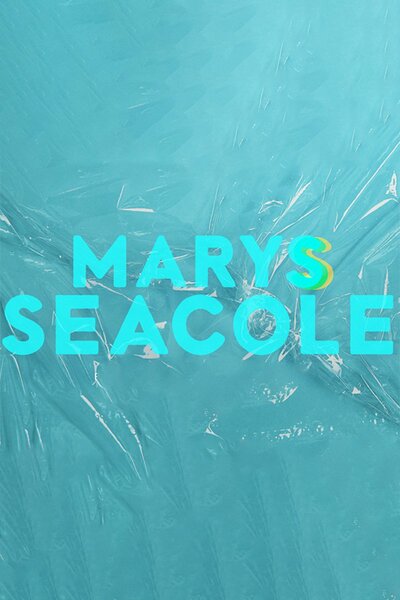Critic Reviews (10)
It’s an all female cast – note the plural “Marys”, an allusion to black nurses, mother/daughter relationships and the nature of care-giving – anchored by the utterly fantastic performance of Kayla Meikle playing Mary Seacole...Despite the frustratingly opaque storytelling, Marys Seacole is really worth a look.
Read more
Déja J Bowens makes a confident professional debut as Mamie. Meanwhile, Kayla Meikle steps into her first leading role with the wise energy beyond her years.
Read more
Exploring a pioneering black woman’s experience of working in healthcare is not only a compelling premise but a topical one. But this play, unfortunately, failed to ignite. Seacole’s story probably deserved greater care and respect than this haphazard dramatisation.
Read more
There’s so much to be said for the tension of race and power when it comes to providing care, and Marys Seacole tries hard to say it all. Occasionally, it means that the message becomes muddled ... But ... it’s a timely tribute brimming with unexpected potency.
Read more
But there's no denying that Latif, Meikle and their colleagues do a challenging play proud, and that the plural of the title will surely encourage renewed attention, and compassion, towards the Marys Seacole around us in our world right now.
Read more
Nonetheless, it does nothing to detract from the fact Drury is one of the most fascinating US playwrights out there. Even her failures would probably have more ideas than most other playwrights’ successes, and ‘Marys Seacole’ is a long way from a failure.
Read more
What holds the piece together, apart from the sheer questing intelligence of the writing, is Latif's controlled direction and a performance of extraordinary range and power from Meikle. Both dignified and comic, doubting and assured, her kindly, thoughtful presence gives this bold, brilliant play its centre and its emotional heart.
Read more
The play makes its bigger point about the racial outsourcing of care for the sick, elderly people and children through satire...It also leaves us with a sense that the figure of Mary Seacole is a vehicle used to explore our current-day issues too nakedly rather than a study of a singular life and its forgotten achievements.
Read more








